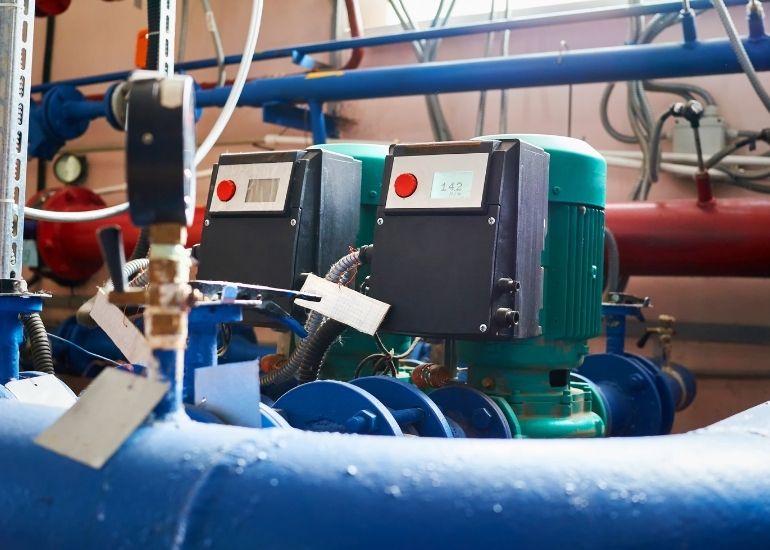If you ever start to notice issues with your frequency converter, it’s best to first look at the system as a whole. Dive deeper into the diagnostics after you’ve ruled out any bigger picture problems. If you don’t see any obvious outstanding issues, then the source of your problems may be the input system, the frequency converter, or the motor. Continue reading to learn how to maintain and troubleshoot your frequency converter.
The Input System
Look at the input system to start, assessing everything from the branch circuit protector and motor control center to the motor wiring and input bridge. Any of these parts are variables worth troubleshooting. If something has gone wrong with your input system, chances are the frequency converter itself is experiencing overvoltage or Undervoltage due to line surges. Calling a company to install equipment to monitor these surges or trips will help you diagnose input system failures.
The Frequency Converter
Take a deeper look at the frequency converter next. If trips are occurring, write down the date and time to document the issue. You may notice a specific pattern when your frequency converter is experiencing problems. The problem will be easier to troubleshoot once you find the pattern and determine when or what is causing the trip. If it’s a clear issue with the motor or attached wire, try to install a Megger test to the motor system. This will show you whether there’s been an electrical insulation breakdown.
The Motor
After using the Megger test, turn off the motor with the disconnection switch. If the problem goes away, the issue is the wiring within the motor. If the problem continues, take off the bindings on the motor, and Megger test it again. If you’ve already experienced a ground fault trip, the motor may be overworked and damp. Check the owner’s manual of your frequency converter for the next steps to dry out your motor. Try not to get discouraged or let these problems stop you from investing in your frequency converter. Remind yourself of the benefits of frequency converters and try to fix the issue again.
The more you maintain these parts of your frequency converter, the less you will have to troubleshoot problems in the long run. Try to keep these tips for how to maintain and troubleshoot your frequency converter in the back of your mind. This will help you in the future when a problem arises.

